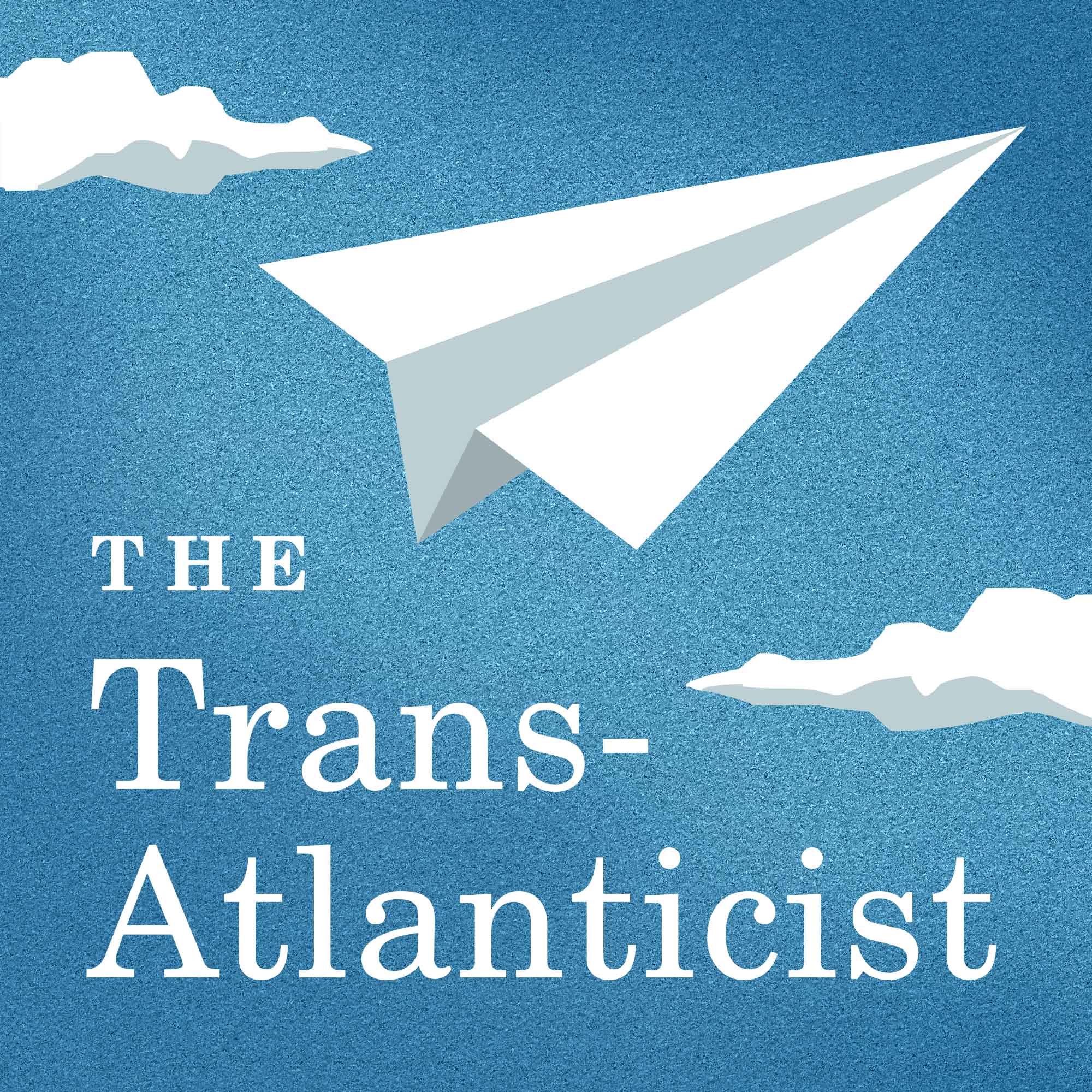- After-Shows
- Alternative
- Animals
- Animation
- Arts
- Astronomy
- Automotive
- Aviation
- Baseball
- Basketball
- Beauty
- Books
- Buddhism
- Business
- Careers
- Chemistry
- Christianity
- Climate
- Comedy
- Commentary
- Courses
- Crafts
- Cricket
- Cryptocurrency
- Culture
- Daily
- Design
- Documentary
- Drama
- Earth
- Education
- Entertainment
- Entrepreneurship
- Family
- Fantasy
- Fashion
- Fiction
- Film
- Fitness
- Food
- Football
- Games
- Garden
- Golf
- Government
- Health
- Hinduism
- History
- Hobbies
- Hockey
- Home
- How-To
- Improv
- Interviews
- Investing
- Islam
- Journals
- Judaism
- Kids
- Language
- Learning
- Leisure
- Life
- Management
- Manga
- Marketing
- Mathematics
- Medicine
- Mental
- Music
- Natural
- Nature
- News
- Non-Profit
- Nutrition
- Parenting
- Performing
- Personal
- Pets
- Philosophy
- Physics
- Places
- Politics
- Relationships
- Religion
- Reviews
- Role-Playing
- Rugby
- Running
- Science
- Self-Improvement
- Sexuality
- Soccer
- Social
- Society
- Spirituality
- Sports
- Stand-Up
- Stories
- Swimming
- TV
- Tabletop
- Technology
- Tennis
- Travel
- True Crime
- Episode-Games
- Visual
- Volleyball
- Weather
- Wilderness
- Wrestling
- Other
History of Chicago Part 4: The Rise and Fall of Germanic Culture (1865-1917)
with Andrew Sola and Sebastian Wuepper In Episode 4 of our history of Chicago, we discuss the continuing growth and then decline of German Chicago, which largely disappeared with America's entry into WWI in 1917. Topics include the Franco-Prussian War (1870-1871), which united the German community in Chicago; the importance of German-language newspapers, namely the Illinois Staats-Zeitung; the impact of the Great Chicago Fire (1871) on German communities on the North Side; the next wave of German immigrants who came as industrial workers to help rebuild the city; the left-wing political activities of these new workers, which led to the Great Railroad Strike of 1877 and the Haymarket Square Massacre of 1886; the first conflict between the German Empire and the United States as seen in the Samoan Crisis (1887-1889); the death of German-language newspapers and culture with the onset of WWI; the final wave of German immigrants fleeing communism and the loss of the territories of Silesia, Pomerania and East Prussia following WWII; and the lasting contributions made be German immigrants to Chicago, including gym class in schools, playgrounds in public parks, and homes for senior citizens.

